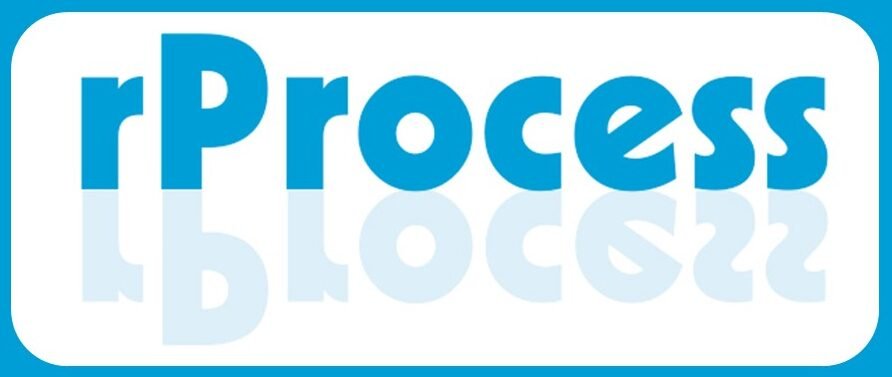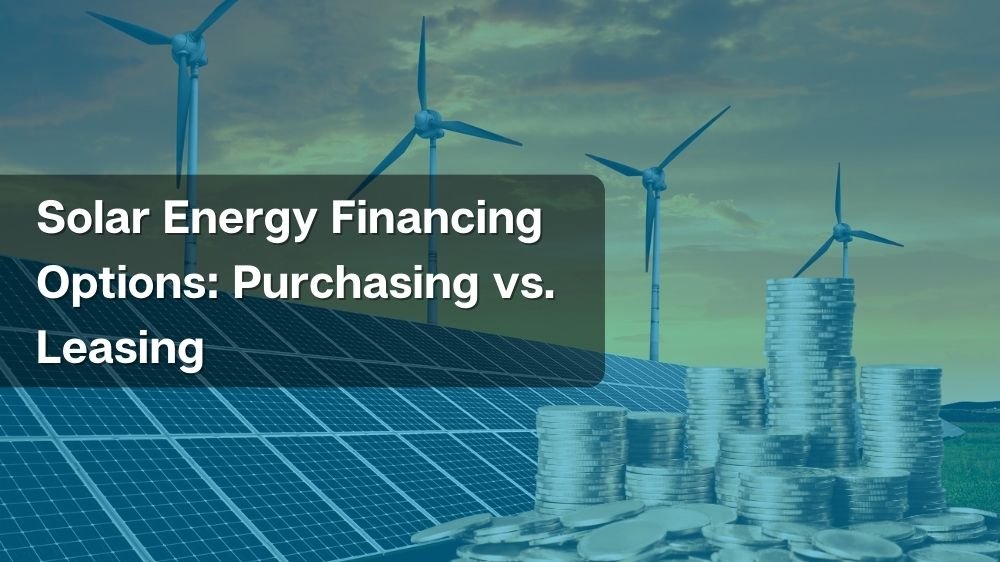Introduction
Solar energy is rapidly becoming a mainstream source of clean and renewable power. As the technology matures and prices continue to drop, more homeowners and businesses are considering solar installations. However, one of the biggest decisions you’ll face when going solar is how to finance your system. Two primary options are purchasing and leasing. In this blog post, we will delve into the pros and cons of each to help you make an informed decision.
Purchasing Solar Panels
Pros:
- Ownership and Equity:
When you purchase solar panels, you own the system outright. This means you can take advantage of various financial incentives, such as tax credits and rebates, and you build equity in your property.
- Long-Term Savings:
While the upfront costs can be substantial, purchasing a solar system is an investment that pays off over time. You can enjoy free electricity for decades once the system has paid for itself.
- Increased Property Value:
Solar panels can increase the resale value of your property. Many homebuyers are willing to pay more for a home with a solar system already in place.
- Control Over Maintenance and Repairs:
As the owner, you have control over maintenance and repairs, which can extend the lifespan of your system.
Cons:
- High Upfront Costs:
The initial investment for a solar system can be significant, and not everyone can afford it without financing.
- Responsibility for Maintenance:
While you have control over maintenance, you are also responsible for the associated costs and potential hassles.
- Risk of Technology Obsolescence:
Solar technology is continually advancing. When you purchase a system, you might miss out on future advancements if you don’t upgrade.
Leasing Solar Panels
Pros:
- Low Upfront Costs:
Leasing typically involves little to no upfront costs, making it an attractive option for those with limited budgets.
- Maintenance Included:
With a lease, the solar company is responsible for maintenance and repairs, reducing your long-term costs and hassle.
- Predictable Monthly Payments:
Lease agreements often come with fixed monthly payments, making it easier to budget for your energy expenses.
- Quick and Easy Installation:
Leasing often involves a hassle-free installation process, as the solar company handles all the details.
Cons:
- No Ownership or Equity:
When you lease, you don’t own the system, which means you can’t take advantage of tax credits and incentives, and you won’t build equity in your property.
- Higher Long-Term Costs:
While the upfront costs are lower, leasing typically results in higher long-term costs compared to purchasing.
- Limited Control:
You have limited control over the system, and you may need permission from the leasing company to make changes to your property.
- Transferability Issues:
If you decide to sell your home, transferring the lease to the new owner can sometimes be challenging.
Which Option Is Right for You?
The decision to purchase or lease a solar system depends on your individual circumstances and financial goals. Here are some factors to consider:
- Financial Situation: If you have the funds to invest upfront and want to maximize long-term savings, purchasing may be the better option.
- Budget Constraints: If you have a limited budget or prefer a predictable monthly expense, leasing might be more appealing.
- Long-Term Plans: Consider how long you plan to stay in your current home. If you plan to move soon, leasing might be a more practical choice.
- Tax Situation: Investigate the tax incentives and credits available in your area. Purchasing may offer significant tax benefits.
Environmental Goals: Many solar enthusiasts value ownership for the sense of environmental responsibility and self-sufficiency it provides.
Conclusion
Ultimately, both purchasing and leasing have their advantages and disadvantages. It’s essential to weigh your financial situation, goals, and preferences carefully before deciding on the best solar financing option for you. Additionally, consulting with a reputable solar installer or financial advisor can help you make an informed choice that aligns with your unique circumstances. Regardless of which path you choose, investing in solar energy is a step toward a cleaner, more sustainable future.


